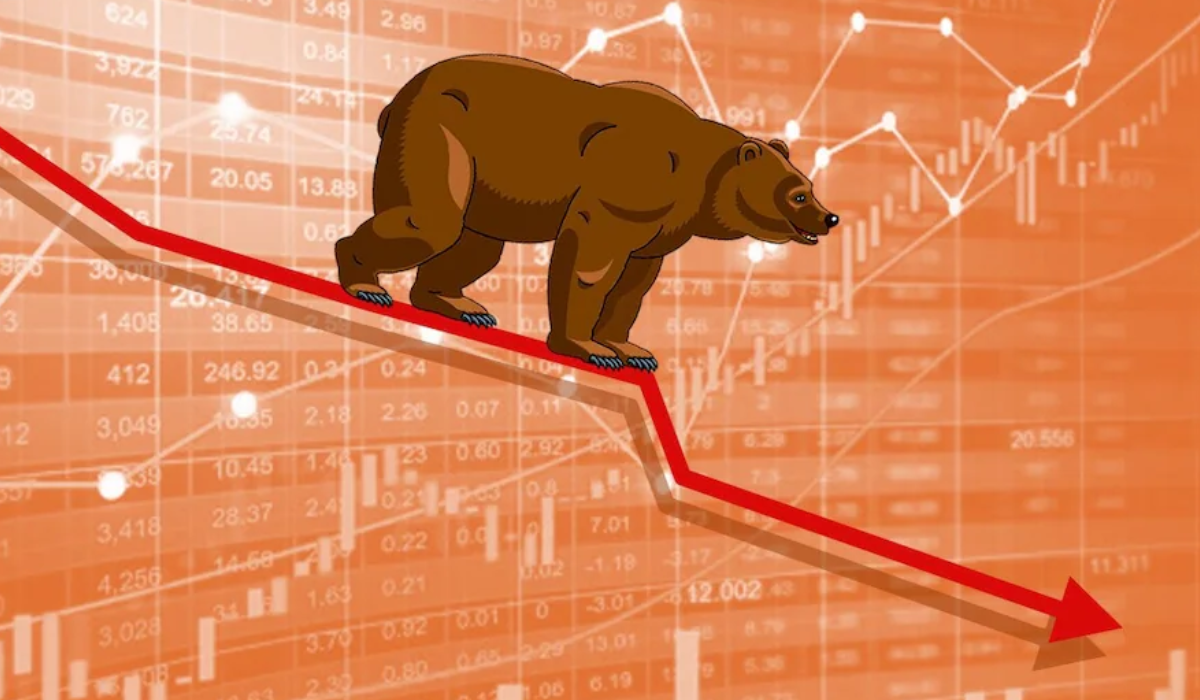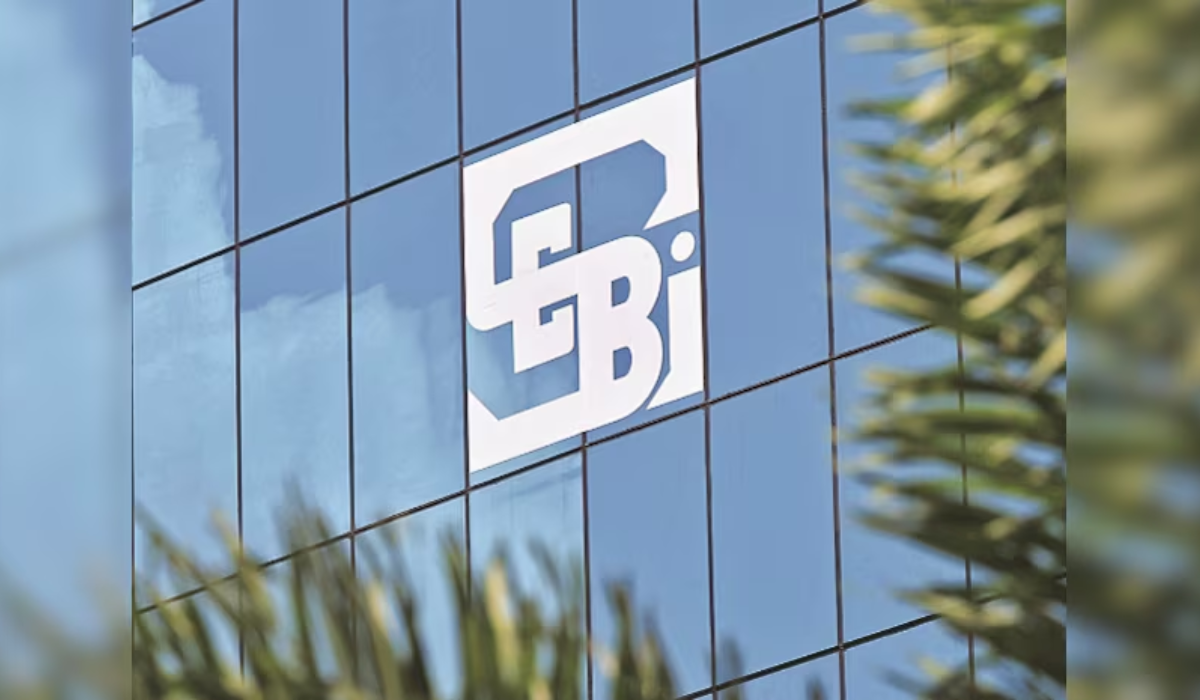Bank of Japan : In a bold move, the Bank of Japan raised its key interest rate on Wednesday, surprising many market analysts and investors. The BOJ increased its short-term policy rate target to 0.25% from the previous range of 0% to 0.1%. This unexpected decision comes alongside a plan to reduce government bond purchases through March 2026, signaling a shift from the ultra-loose monetary policy that has characterized the bank’s approach for nearly a decade.
The BOJ’s decision was notable for its timing and magnitude. Just days before, most analysts had anticipated the central bank would maintain a dovish stance, leaving rates unchanged until September or October. However, faced with a persistently weak yen and rising import costs, the BOJ opted for a more aggressive approach. The yen had been trading at around ¥162 to the dollar earlier in July but had strengthened to about ¥152 ahead of the meeting.
Bank of Japan (BOJ )
Governor Kazuo Ueda highlighted the need to curb the excessive weakening of the yen, which had been pushing up import prices. He expressed confidence in the Japanese economy’s recent positive trends, including wage growth and moderate price increases. Notably, large corporations had negotiated a 5.1% wage increase in the spring, with further planned increases in the minimum wage.
The rate hike marks a significant departure from the BOJ’s previous policy of negative interest rates, which had been in place for years to combat deflation and stimulate economic growth. The BOJ’s new policy includes a gradual reduction in its bond purchases, halving the amount by March 2026. This quantitative tightening plan aims to reduce the BOJ’s balance sheet, which has ballooned to ¥3.9 trillion due to years of massive bond buying.
Market reactions were swift. The yen initially remained flat but later rose to around ¥150 per dollar, reflecting market adjustments to the unexpected rate hike. Japanese stocks also rallied, with the Nikkei 225 index finishing 1.5% higher.
Analysts noted that the BOJ’s move might also be influenced by political considerations, with Japan’s Liberal Democratic Party facing upcoming leadership elections and a potential snap general election. The timing of the rate hike could limit the BOJ’s ability to implement major policy changes later in the year.
Governor Ueda did not rule out the possibility of further rate hikes, depending on economic conditions. The latest inflation outlook predicts consumer prices, excluding fresh food, to rise by 2.5% for the fiscal year through March 2025, with a slight decrease expected in subsequent years.
The decision contrasts with the monetary policies of other major central banks, such as the Federal Reserve, which are moving towards rate cuts as inflation pressures moderate. The BOJ’s focus on maintaining economic stability while managing inflation risks underscores the complexities of navigating a post-pandemic global economy.
Read Also :
Supervivientes All Stars Concludes with Marta Peñate’s Triumph
Olympic Football : Argentina’s Rollercoaster Start at Paris 2024



